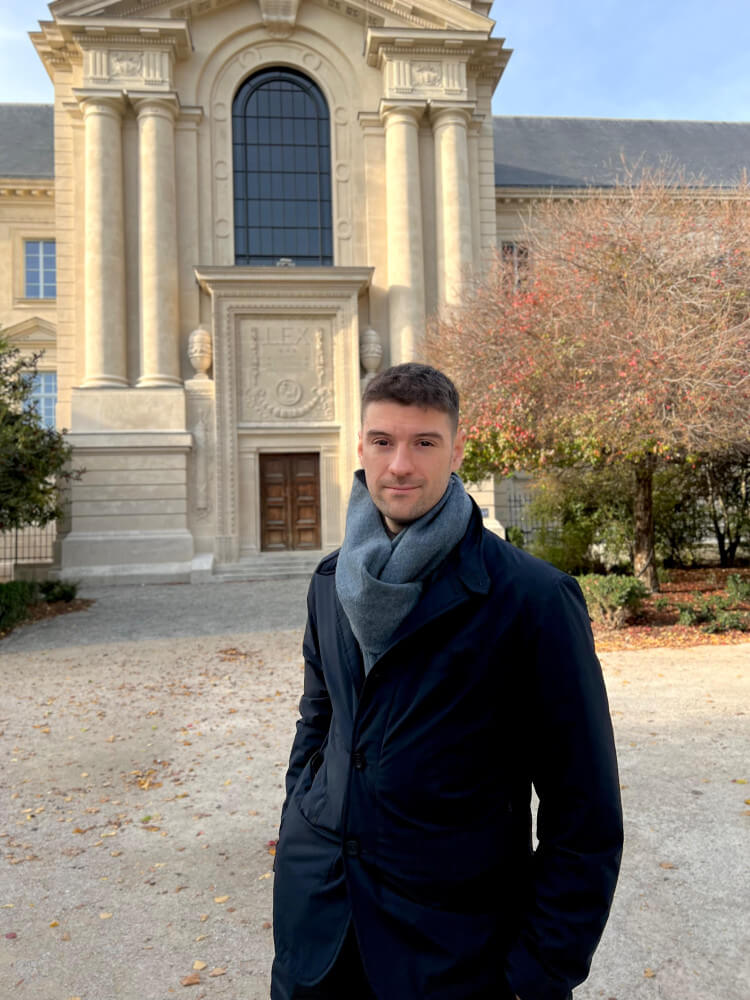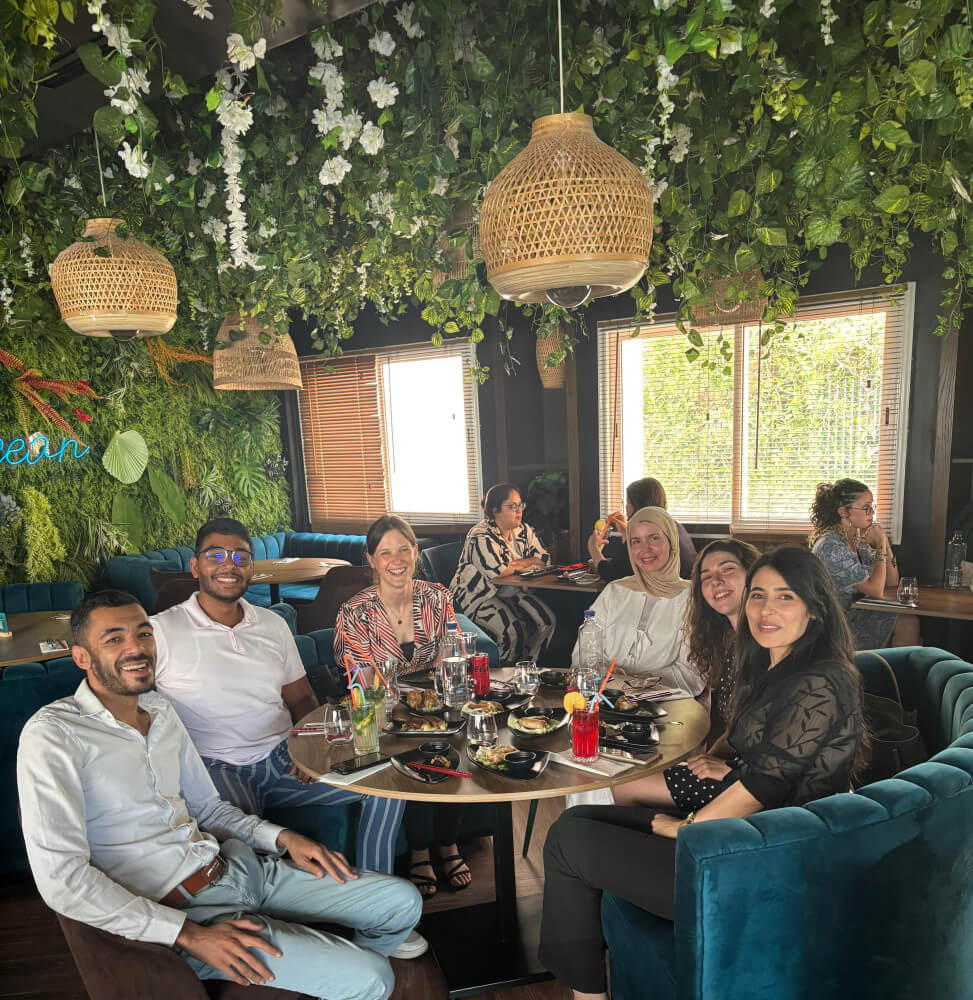Als Continuous Improvement Engineer ben jij de verbindende factor tussen verschillende afdelingen (horizontaal) en managementlagen (verticaal), terwijl je een proces verbeterende mindset behoudt.
A Manufacturing Engineer is the interface between production and development
Employeneurs at NPI (New Product Introduction) work for many different clients. Companies in high-tech, automotive and process industries, among others, experience the added value of TMC professionals every day. Manufacturing Engineer Paul van Geldorp shares his experiences at a high-tech company that makes extremely advanced machines.

As a Manufacturing Engineer, Paul has to deal with large, particularly complex machines on a daily basis. The group he leads is responsible for a specific part of a machine, which involves very specialized work. Paul compares this with a car. "You could say that my concern is the starter motor. That is very specialized: I know everything about this starter motor, so to speak, but I do not know how the navigation works." Ultimately, the machine as a whole must work properly. To accomplish this, it is important that the groups work closely together. "The starter motor may work well, but if you don't get the regular engine started, the car doesn't move forward. The same goes for the machine: If there is a problem, you have to find out together where the problem lies."
Making a part work optimally is not only very specialist work, it also requires an extreme amount of accuracy. "Several components are needed. In addition, variations in the process are possible."
New Product Introduction: New machines
"At this moment, I am involved in the introduction of a whole new type of machine. That means that we have to focus primarily on the work instructions - how the operator must assemble the machine. I am told by the development department that, for example, a connection will be made. I will then ask questions: Is there a photo of it, are tools needed? All of that is neatly documented."
Paul's role is mainly interfacing between the development department and the factory. "I have to make the instructions so that the operator can assemble it when he receives parts. Then I keep an eye on the first series to see if problems arise. For example, when a shortcut does not work or certain parts are not right, I go back to the development department."
On the other hand, Paul also needs to be aware of the processes in the factory. "It is a technologically advanced company, also with regard to the production process, I have to set up or supply everything that is needed in the factory."
Calibrations, adjustments, and tests
After a machine or module has been developed, parts are ordered, and prototypes are produced. Then perhaps the most important part follows. "The software is installed on the machine and all kinds of calibrations, adjustments and finally tests are carried out. The software is not as visible as the mechanical part, but it is no less important. The hardware of the machine must be checked, and the right parts must go together. All kinds of problems can also occur here." If the results are not as expected, Paul has to go back to development with the information, in this case to the software group. "Here too I am the interface between the production department and development." Lastly, it is sometimes necessary to coordinate the test times for the machines.
What makes a Manufacturing Engineer's work interesting?
It is especially the variety that makes the work extremely interesting for Paul. "In the preparation phase you are mainly creating work instructions and setting up production systems. When a project enters the assembly phase, I can be found in the production department every day for a few weeks, where the product is tinkered with every day. I may need to describe something more clearly or add a photo. For testing, I have contact with other operators, for whom I make instructions." Finally, diagnostics and repair are also parts that come with the function. "A small intervention, such as a repair, affects everything. That can mean that we have to do a complete repair operation to get the machine back to the operating state before the repair was carried out.
Experience with project management
After his education in Electronics at the Institute of Technology, Paul has held various positions at a number of employers. They were all in line with what he is doing now. In every position he has always grown slightly. "What helps now is that I have a lot of experience as a Project Manager. I am largely the spider in the web with a lot of technical knowledge, although I have never done hardware development as an engineer." That does not mean that you have to be highly specialized in the complete process.
"For example, if I am sitting down and discussing things with software engineers and they see an error message, I need to be in contact with the production and other departments. I ask developers to explain things as simply as possible. I have the advantage that I am able to explain things in simple language to the production colleagues and the test engineers. You have to speak and understand the language from the different worlds to a certain extent." Training courses, also in soft skills such as communication, have helped Paul to improve his work. Yet he says he learns most in daily work. "You have to deal with matters such as arranging, coordination and conflict management. In addition to the technical skills, it is also good to keep getting better at it."

Als Mobile Software Engineer speel je een cruciale rol in de end-to-end ontwikkeling van mobiele applicaties en draag je bij aan elke fase van de productlevenscyclus.

Stuur ons een bericht voor mogelijkheden, samenwerkingen of vragen. We komen graag met je in contact!




